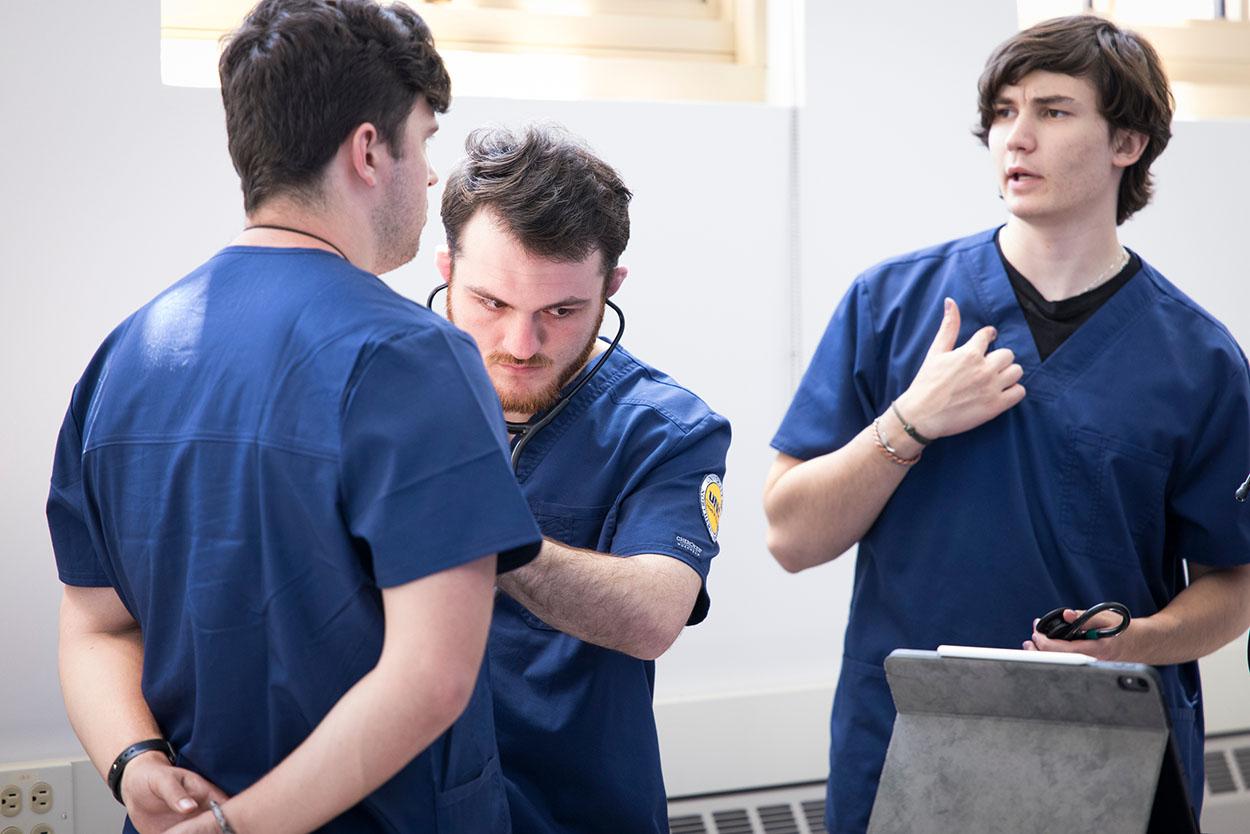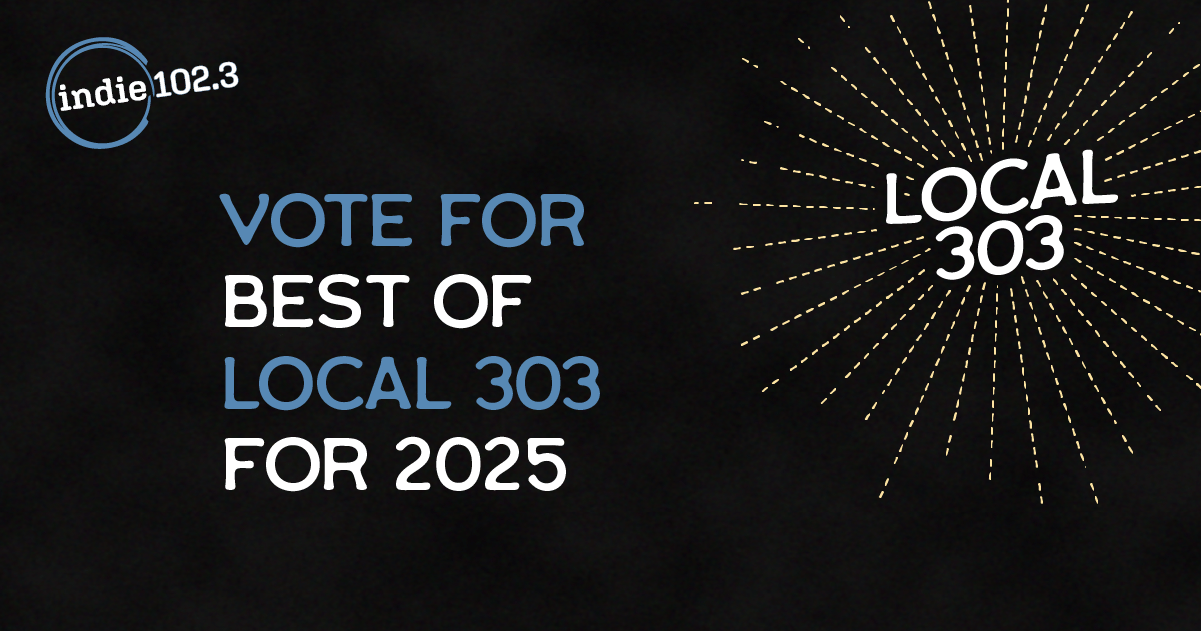
The minimum wage in Colorado is increasing by 39 cents an hour, starting January 1, 2025. That will bring it to $14.81 an hour for jobs that don’t receive tips and $11.79 for those that do.
Colorado’s minimum wage rises annually based on the Consumer Price Index (CPI). This year's increase comes to 2.7 percent or about $811 more annually for a full-time worker and means Colorado’s wage is now more than double the federal minimum wage of $7.25 an hour.
A handful of Colorado cities and counties have chosen to raise their minimum wages even higher, and the hourly rates in those places will increase even more than the statewide one.
Proponents of the local minimum wage argue that it acknowledges that cost of living can vary a lot between communities.
“It actually adjusts the minimum wage really for what is happening in Denver, the place where those workers are working and living, rather than based on what's happening at the national level or even the regional level,” said Markus Schneider, an associate professor of economics at the University of Denver.
Denver’s minimum wage is increasing to $18.81, the highest in the state.
Business groups warn that the rising wage can be hard for some employers to absorb, year after year.
"Small businesses in Colorado are facing mounting challenges,” Carly West, the Denver Metro Chamber's Vice President of Government Affairs, said in a statement to CPR. “Adding a minimum wage increase to this mix, especially for labor-intensive businesses with slim margins, raises serious concerns.”
West noted that more than 200 restaurants closed in Denver last year. “A stark reminder,” she wrote, “of the pressures small businesses face as they work to keep their doors open."
The city sets its minimum wage increases based on the Denver-Aurora-Lakewood CPI, which determines costs in the metropolitan area by looking at the average change in the price of goods and services.
But, is it correctly keeping up?
According to the Colorado Fiscal Institute, a liberal economic think tank, the answer is no.
Sophie Mariam, a labor policy analyst at CFI, argues that even though the wage now rises with inflation, it still doesn’t allow workers to truly support themselves in high cost areas.
“At the end of the day, I think it's really reframing what is economic prosperity in Colorado and is it more than just this index that keeps us up with inflation?” said Mariam. “Where did the bar start and what's been happening in the context over the last few decades of wage stagnation, skyrocketing cost of living, skyrocketing cost of housing in Colorado? Inflation isn't necessarily the right measure for a living wage.”
Mariam points to Boulder for example, which has one of the highest minimums in the state, and also an extremely high cost of living. According to the self-sufficiency wage tool crafted by the Center for Women's Welfare at the University of Washington in conjunction with the liberal Colorado Center on Law and Policy, a single person would need to earn $23.09 an hour to make ends meet, a far cry from the city’s $15.57 minimum wage next year.
Colorado’s minimum wage has long been set to increase with inflation, but it started rising by leaps and bounds under a ballot measure approved by voters in 2016. That policy brought the minimum up to $12 an hour by 2020.
In 2019, state lawmakers voted to let cities and counties set their wages even higher than the state floor, something a handful have done.
Data can ease worries about small businesses
As the minimum wage increases, many wonder how it affects local businesses.
A meta study of minimum wage research since 1992 found that raising the wage can lead to lost jobs, in particular among younger workers and those with less education, as employers find ways to get their work done with fewer people on their payroll.
Closer to home, a researcher for the conservative business-oriented Common Sense Institute looked at proposals to raise the minimum wage in a number of Boulder County communities and concluded that, for every person pulled out of poverty in the next 15 years, the wage increases would cost between four and 12 jobs.
However, when it comes to small businesses in particular, a 2023 study from researchers at the University of California, Berkeley, found that minimum wage increases didn’t reduce how many people those businesses employ overall. The researchers also noted that higher wages should help with employment retention, saving business owners in the long run.
Mariam from CFI also argues that, the more people make, the more they’re able to contribute to the local economy, eventually putting more money back into the pockets of businesses.
“After raising its wage, Denver saw higher job growth, higher earnings, and higher sales tax revenues,” Mariam said. “These increased wages help boost local spending, especially on food and drink outside of the home.”
Editor's Note: An earlier version of this story misspelled Sophie Mariam's name. It has been corrected. It also incorrectly attributed the source of the Self- Sufficiency Standard report; the standard is calculated by the Center for Women's Welfare at the University of Washington.









